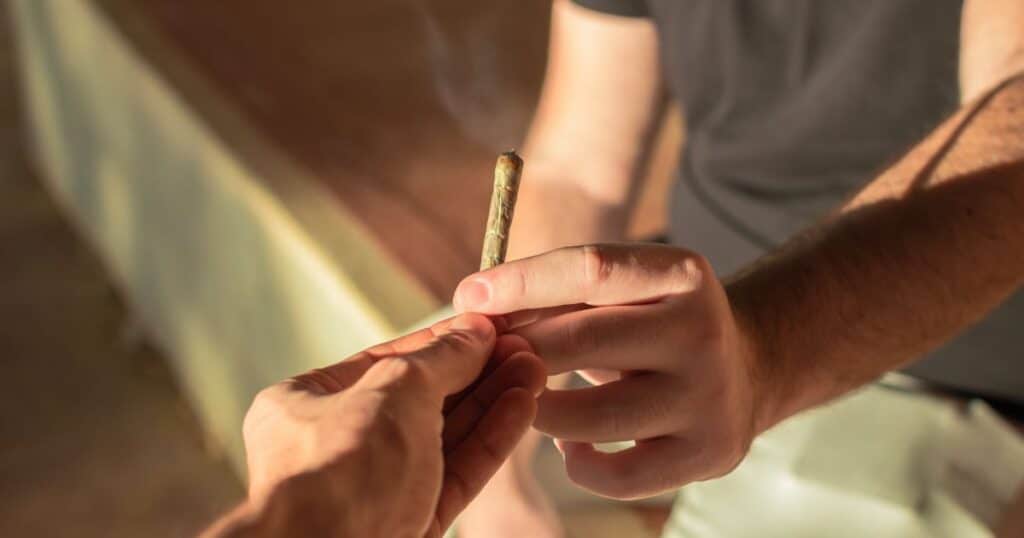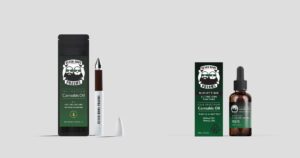California’s capital city is taking a step forward in cannabis legalization with the recent approval of a social consumption ordinance. A special session held by the Sacramento City Council on Tuesday green-lighted a pilot program for cannabis lounges, positioning Sacramento alongside other California cities that allow cannabis consumption lounges within their city limits, like West Hollywood and San Francisco. This initiative comes amidst the effects of California’s Assembly Bill 1775 (AB 1775), which empowers local governments to allow cannabis sales combined with food, drink, and live events.
Why Sacramento’s Cannabis Lounge Ordinance Matters
The approval of cannabis lounges in Sacramento isn’t just a local affair—it’s shaping the conversation around cannabis consumption across the state. With more people looking for safe, social spaces to enjoy cannabis legally, this ordinance addresses a growing demand while potentially boosting local economies through tourism and taxes.
The city’s pilot program will introduce what some are calling ‘Amsterdam-style’ consumption lounges where consumers can enjoy cannabis in comfortable settings, reminiscent of experiences in more cannabis-progressive regions. However, its impact is potentially more profound, reflecting AB 1775’s goal to integrate cannabis into everyday life.
Details of Sacramento’s New Cannabis Consumption Lounges Pilot Program
Sacramento’s path to cannabis lounges involved intense debate. Council members voted narrowly 5-4 to approve the initiative first reported by KCRA, with Mayor Darrell Steinberg’s vote proving decisive. His condition for voting “yes” was adding provisions for equity, ensuring the program’s inclusivity and fairness.
The pilot program outlines a new framework for cannabis consumption lounges, focusing on creating safe environments for users to enjoy cannabis products socially. The Sacramento plan encompasses two types of consumption lounges:
- Type 1 permits the consumption of cannabis-infused foods and drinks. Dispensing with traditional packaging, these offerings present a culinary opportunity for dispensaries.
- Type 2 takes consumption a step further by allowing patrons to smoke cannabis products, such as flowers and pre-rolls, on site. However, these locations must adhere to stringent ventilation and safety standards, featuring negative-pressure smoking rooms and separate HVAC systems.
Cannabis lounges must comply with various regulations. Just like dispensaries, these lounges need licenses to operate legally. Permit add-ons ensure that smoking areas are designed with top-tier ventilation systems, minimizing exposure, and health risks associated with secondhand smoke.
Additionally, lounges require documentation that matches those of dispensaries with delivery permits. These rules encompass everything from inventory management to security measures. An impaired driving prevention plan is also obligatory, ensuring the business upholds safety standards.
AB 1775
Assembly Bill 1775, which Governor Newsom passed on September 30th, expanded the framework for cannabis consumption lounges in California. This innovative piece of legislation allows retail cannabis outlets to sell food, beverages, and tickets to events at their venues. The law endeavors to normalize cannabis consumption, akin to how we view bars and cafes.
The real game-changer is the introduction of freshly-prepared food and nonalcoholic drinks to complement cannabis products. This enables dispensaries not only to sell premade snacks, as was the case before AB 1775, but also to offer culinary experiences that reflect the cannabis culture’s evolution.
Cannabis Consumption Lounge Benefits
The strategic design of these lounges promotes community building. By creating spaces for networking and socialization, they foster a sense of belonging among those who consume cannabis. Additionally, they attract tourists passionate about cannabis culture, offering Sacramento new recreational opportunities. This continues to contribute to the normalization of cannabis in the mainstream, providing another avenue for people to enjoy cannabis.
The financial implications are significant, with lounges expected to contribute to Sacramento’s tax revenue. More visitors could also translate into increased spending across restaurants, hotels, and retailers. Additionally, the program anticipates creating new jobs, from hospitality to security, bolstering local employment.
Despite the benefits, not all view cannabis lounges favorably. Concerns about the public health implications of secondhand cannabis smoke persist. Critics argue that these lounges could encourage irresponsible consumption and risk community harm. However, the provisions in AB 1775 address these challenges through ventilation standards and safety measures, in which a bill vetoed by Newsom the year before did not.
Sacramento’s program could serve as a template for other cities in California to adopt similar ordinances, expanding the idea of social consumption lounges. By proving successful, the city not only normalizes cannabis consumption but also opens avenues for urban development centered around recreational cannabis.
















